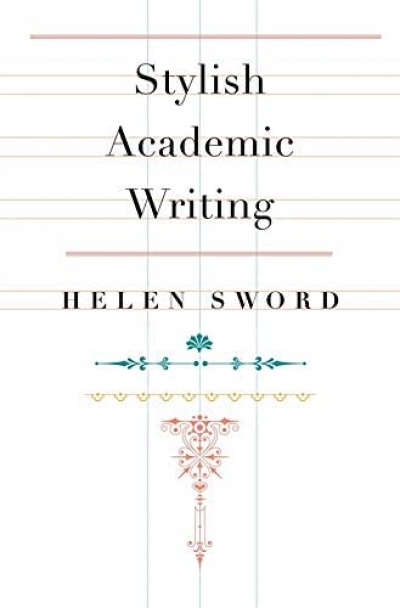Education
Film | Theatre | Art | Opera | Music | Television | Festivals
Welcome to ABR Arts, home to some of Australia's best arts journalism. We review film, theatre, opera, music, television, art exhibitions – and more. To read ABR Arts articles in full, subscribe to ABR or take out an ABR Arts subscription. Both packages give full access to our arts reviews the moment they are published online and to our extensive arts archive.
Meanwhile, the ABR Arts e-newsletter, published every second Tuesday, will keep you up-to-date as to our recent arts reviews.
Recent reviews
Taking Stock: The Humanities in Australia edited by Mark Finnane and Ian Donaldson
If Julia Gillard were to drive past the main campus of the Methodist Ladies’ College (MLC), a big independent school in the inner-eastern Melbourne suburb of Kew, she would undoubtedly remark that MLC is a ‘great example’ of educational excellence. Despite recent controversies, the school still has top-class facilities, quality teachers, and high-performing students, many of whom will move into influential positions within society.
... (read more)







